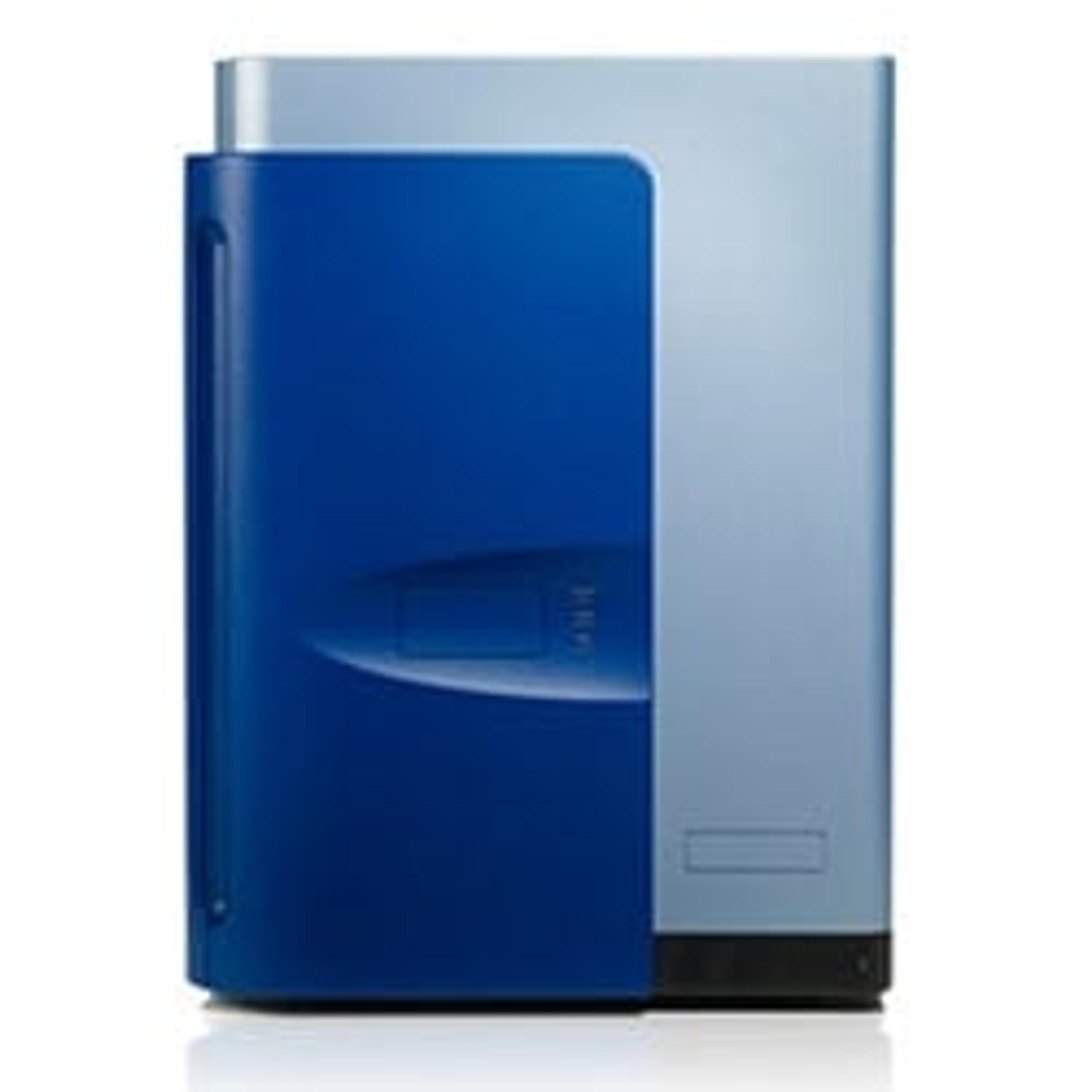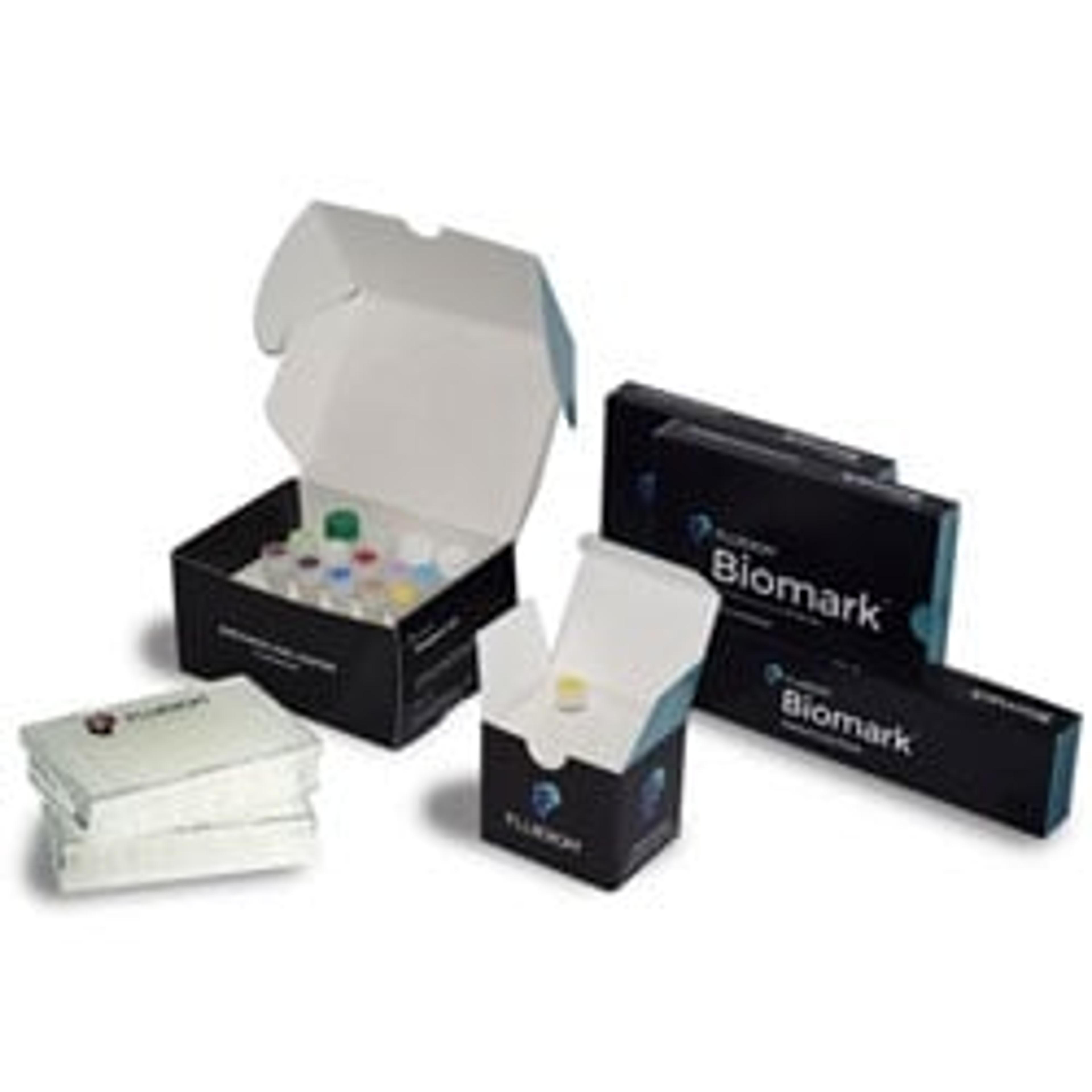Fluidigm granted EUA for saliva-based Advanta Dx SARS-CoV-2 RT-PCR assay
The real-time PCR workflow has a capacity of up to 6,000 tests per day per system, and demonstrated 100% agreement with authorized nasopharyngeal assays
26 Aug 2020
Fluidigm Corporation, an innovative biotechnology tools provider with a vision to improve life through comprehensive health insight, has announced it has received Emergency Use Authorization (EUA) from the U.S. Food and Drug Administration (FDA) for the Advanta™ Dx SARS-CoV-2 RT-PCR Assay, an extraction-free saliva-based test to detect nucleic acid from the SARS‑CoV‑2 virus, designed to be run on the Fluidigm® Biomark™ HD microfluidics platform.
Because it is saliva-based, the Advanta Dx SARS-CoV-2 RT-PCR Assay does not require collection via invasive nasopharyngeal swab. The clinical study associated with the EUA submission demonstrated 100 percent agreement between the saliva results from the Advanta Dx SARS-CoV-2 RT-PCR Assay and the results from paired nasopharyngeal samples tested with authorized assays.
“Accessible and accurate testing programs that include a non-invasive, saliva-based collection option will be essential throughout duration of the COVID-19 pandemic”, said Andrew Lukowiak Ph.D, CEO of San Diego-based Millennium Health, one of several high-complexity labs certified under the Clinical Laboratory Improvement Amendments (CLIA) in the United States that has been evaluating the Advanta Dx SARS-CoV-2 RT-PCR Assay in advance of authorization.
“In addition to the attractive sample input we chose the Fluidigm workflow because it combines extraordinary throughput per system with a robust supply chain from a trusted large-scale supplier. We believe this approach will enhance testing coverage in critical populations.”
The Advanta Dx SARS-CoV-2 RT-PCR test on the Biomark HD platform provides throughput advantages that reduce the impact of capacity‑constrained supply chains. The company’s microfluidics technology enables processing of more samples per batch than more traditional, microwell plate-based PCR technology. The Biomark HD platform can generate as many as 6,000 test results per day on a single system.
“We have seen extraordinarily strong customer interest in our high-throughput saliva-based test, including many new purchases of Biomark HD systems to enable its adoption,” said Chris Linthwaite, President and CEO of Fluidigm. “We have a high degree of confidence that this new test will not only enhance testing capacity but will also significantly improve speed to results and scale. The ease of use for health care providers and patients alike will enable improved testing access to the global population. Fluidigm is excited to commercialize this easily administered saliva-based COVID-19 test during a critical phase of the pandemic.
“In the United States, Emergency Use Authorization for our test coincides with the total number of COVID-19 cases exceeding 5.7 million, underscoring the need for scalable and easy-to-administer testing.”
Fluidigm was recently selected by the National Institutes of Health, National Institute of Biomedical Imaging and Bioengineering, for a proposed project under the agency’s Rapid Acceleration of Diagnostics (RADx) program. RADx fast-tracks development and commercialization of innovative technologies to significantly increase U.S. testing capacity for SARS-CoV-2.
The project, with a total proposed budget of up to $37 million, contemplates expanding production capacity and throughput capabilities for COVID-19 testing with Fluidigm microfluidics technology. The RADx project envisions both a major expansion of microfluidics manufacturing capacity and commercialization of a novel barcoding chemistry to further increase test throughput per system.
The Advanta Dx SARS-CoV-2 RT-PCR Assay was developed in collaboration with scientists at the McDonnell Genome Institute and the Department of Genetics at the Washington University School of Medicine in St. Louis.
Fluidigm’s ongoing collaboration with the Defense Advanced Research Projects Agency (DARPA) and its Epigenetic CHaracterization and Observation (ECHO) program includes financial support for development of innovative programs based on our microfluidics technology.
The RADx project has been funded in whole or in part with federal funds from the National Institute of Biomedical Imaging and Bioengineering, National Institutes of Health, Department of Health and Human Services.
Want more of the latest science news straight to your inbox? Become a SelectScience member for free today>>


